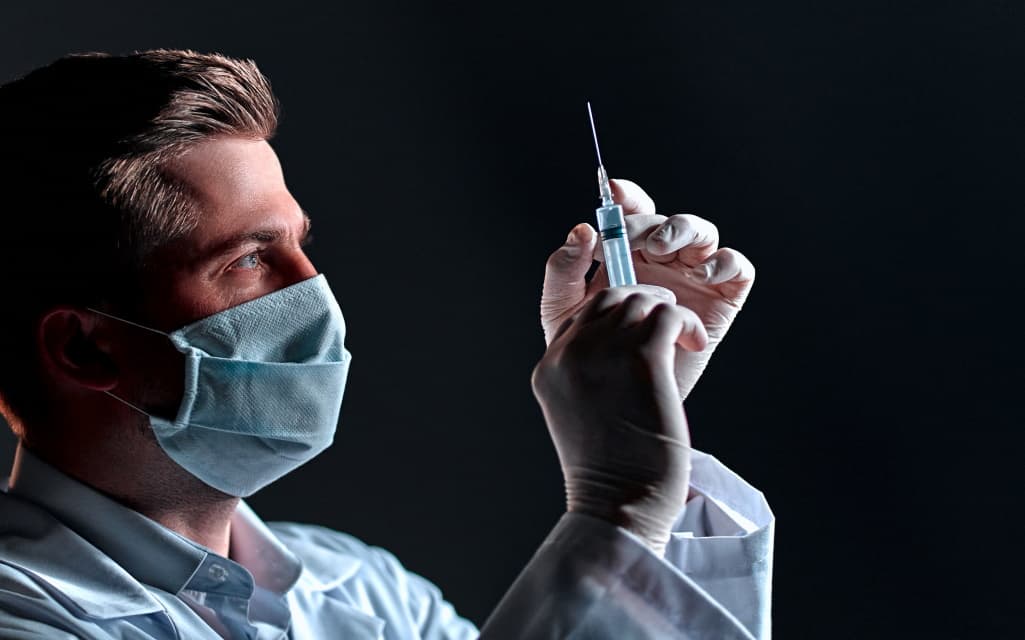Widely used in many branches of medical treatments, anaesthesia complications can occur. From heart attacks to birth defects, anaesthesia failure can lead to catastrophic outcomes. Anaesthesia might fail due to many reasons. However, if the failure was due to the health care professional’s negligence, a lawsuit can be filed against them. Anaesthetic failures can occur due to the actions or lack of actions of the anaesthetist, lack of anaesthesia risk assessment or the faulty anaesthetic equipment. It is the medical professional’s duty to eliminate the risks and prevent any harm. Your mental sufferings and pain, loss of income due to ongoing treatments and future economic loss due to decreased earning capacity is compensable. Keep in mind that the process can be overwhelming especially while suffering serious health problems due to anaesthesia complications. For this reason, hiring a legal professional to handle the medical negligence claim would be wise as the case needs intense attention and investigation.
Anaesthesia failure injuries
Majority of the injuries that occur from anaesthesia failures are the result of the anaesthetist’s negligence. Intentional or not, failing to provide safety for their patients is subject to medical negligence and be liable for their injuries. Anaesthetic injuries can also occur due to lack of information obtained in pre-surgery stages as the medical history, the age, the weight, the habits and the chronic illnesses of the patient should be assessed for successful anaesthesia. Studies demonstrate that smokers need more anaesthesia. Other factors that increase the anaesthesia risks are neurological disorders, diabetes and asthma. Lack of oxygen during anaesthesia and mispositioning the patient might lead to anaesthetic complications. These risks can easily be eliminated by a reasonable doctor and the complications can be prevented. Although minor and temporary health issues are common after anaesthesia, sometimes rare complications can arise. These might be the following:
- Peripheral nerve injuries
The peripheral nervous system can be damaged due to anaesthesia error and can cause permanent damage to the patient. Peripheral nerves connect the spinal cord and the brain with the rest of the body. Once damaged, the sense of temperature and pain might be lost and the organs might lose functions.
- Ulnar nerve injuries
Ulnar nerve injuries are rare incidents during anaesthesia, however, high compression on ulnar nerves might lead to permanent loss of control of hands, fingers and forearm. Such injury might significantly decrease the earning capacity of a patient.
- Cardiovascular Collapse
Cardiovascular collapse is defined as the loss of blood flow to the brain and organs, which may lead to collapsed arteries and oxygen deprivation.
Medical duty of care
Duty of care is defined as a professional’s legal duty to avoid acts or omissions that can cause harm to the patient. Lack of taking action, failure or delay warning the patient on the inherent risks of the treatment, practising unaccepted treatment methods and misleading results are determined as a breach of duty. Therefore, medical professionals will be liable for any harm to the patient. Before the anaesthesia, the medical condition of the patient should be evaluated correctly, the equipment should be tested and during the patient should be positioned correctly as the majority of nerve injuries occur from personal mistakes.
The medical negligence claim process
Outcomes of such surgical complications might be devastating as permanent impairment and severe injuries can lead to lack of earning capacity and inability to perform daily tasks. In this case, the injured person can rely on medical negligence compensation to ease their sufferings and minimise their pain. However, medical negligence claims require professional attention as the process is very complex. For this reason, working with a medical negligence lawyer would be a good choice.



